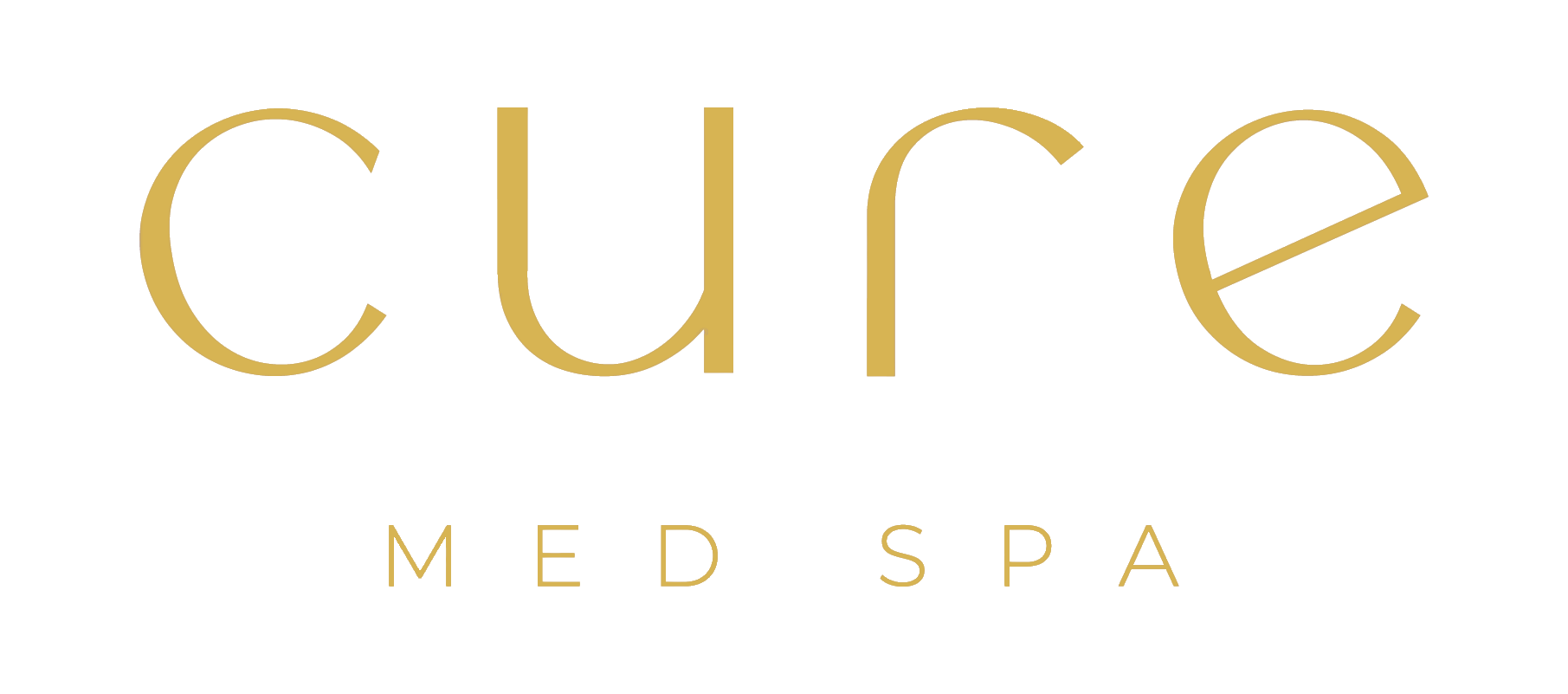
Hyaluronic acid and collagen are two of the most popular skincare ingredients. Though they have some similarities, hyaluronic acid and collagen offer different benefits to the skin.
Collagen is a protein that helps to provide structural support to the skin. Think of it like scaffolding holding your skin up. As we age, our bodies produce less collagen, which can lead to wrinkles, lines, and sagging skin. Topical products containing collagen are not proven to be beneficial, as collagen molecules are too large to penetrate the skin, and injectable collagen has been shown to cause more adverse reactions than hyaluronic acid fillers. Some types of fillers, however, can stimulate collagen growth beneath the skin, as well as PDO Threads and microneedling.
Hyaluronic acid is a glycosaminoglycan (a type of sugar molecule) that helps to bind water molecules in the skin. This provides hydration and moisture, as well as volume loss correction. Hyaluronic acid also helps to improve cell communication, resulting in a brighter complexion with fewer wrinkles and fine lines.
Though both hyaluronic acid and collagen are beneficial for the skin, hyaluronic acid is considered more effective for reducing wrinkles and lines, while collagen is better at restoring certain types of volume loss. They can be combined for even better results, depending on your needs.

